The Science and Art of Reading Development
Fluency to Mastery: The Ultimate Reading Development Course

7 Hours average completion time
0.7 CEUs
12 Lessons
24 Exams & Assignments
303 Discussions
12 Videos
25 Reference Files
Mobile Friendly
Last Updated February 2026
Mastering Reading Development
Unlock the transformative power of reading-a skill that shapes our ability to learn, connect, and thrive. This isn't just another online course; it's an invitation to embark on a journey that will redefine how you understand, teach, and develop reading skills. Whether you're an educator, parent, or lifelong learner, this course will empower you to make a profound impact-not just on your life, but on the lives of others.
Imagine a world where every word you read unlocks new possibilities, where the written page becomes a portal to success, creativity, and connection. For children, reading is the key to academic achievement and the spark for lifelong curiosity. For adults, it's a gateway to professional growth, deeper understanding, and even therapeutic calm. Yet, mastering this fundamental skill isn't a straight path-it's a dynamic journey that evolves with each stage of life.
This course stands apart because it doesn't just teach reading; it reveals the science, art, and human potential behind it. With cutting-edge research and proven methodologies, you'll uncover what makes reading so foundational-and learn exactly how to foster and enhance it at every age and stage.
What Makes This Course Essential
Here, you won't find dry lectures or generic advice. Instead, you'll be immersed in a transformative experience designed to make you a confident, effective advocate for reading development. From early childhood literacy to adult comprehension, we tackle every milestone and challenge with precision, empathy, and actionable strategies.
You'll discover how to decode the mysteries of reading instruction, master techniques to boost fluency and comprehension, and apply your learning in real-world scenarios-whether you're helping a struggling child, reigniting your own love of reading, or enriching a community through education. This isn't about theory alone; it's about lasting impact.
The Difference You'll Make
By the end of this journey, you won't just understand reading-you'll have the tools to change lives with it. Picture yourself guiding a child through their first book, watching their confidence soar. Imagine empowering adults to conquer complex texts and feel the pride of accomplishment. Envision using your knowledge to make your career or personal growth soar, fueled by the confidence and mastery this course provides.
Why Wait? Your Journey Starts Here
Reading is more than a skill-it's a superpower. And with this course, you'll become a master of that power. The time to invest in yourself and others is now. Join us, and let's shape a future where every word you read, teach, or share opens doors to success and inspiration.
This isn't just a course. It's your gateway to transformation. Ready to start? Enroll today and step into the extraordinary world of reading mastery.
- Effective communication and comprehension skills
- Comprehensive vocabulary development
- Reading engagement and advocacy skills
- Insight into reading intervention methods
- Enhanced literacy instruction techniques
- Application of phonics knowledge
- Informed reading development strategies
- Empowerment through reading fluency
- Structured literacy frameworks
- Critical analysis of complex ideas
- Transformative reading practices
-

Personality Development
-

Western Calligraphy
-

Emotional and Behavioral Disorders
-

ABCs of Algebra
-

Journaling and Memoir Writing
-

How to Write a Short Story
-

Early Childhood Development
-

Mixed Media Art
-

Understanding Learning Styles
-

Speed Reading 101
-
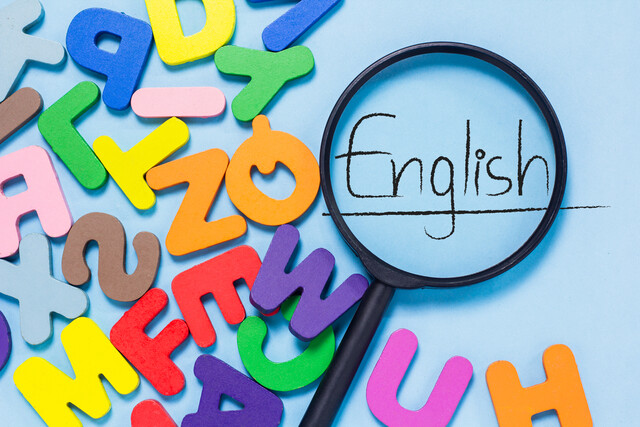
ESL Grammar Skills Level 1
-

Problem Solving Strategies
-

Acrylic Painting
-

Home Safety
-
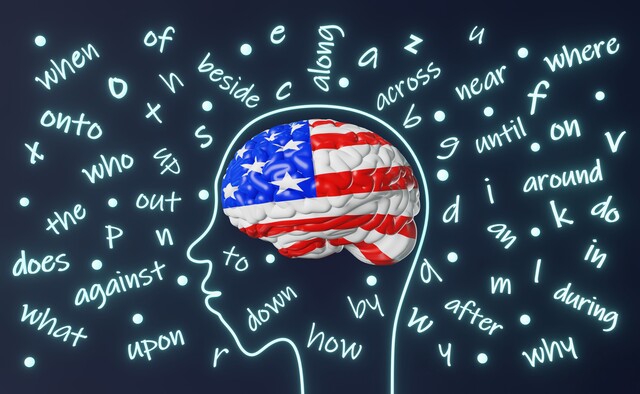
Teaching Grammar to ESL Students
-

Introduction to Child Psychology
-
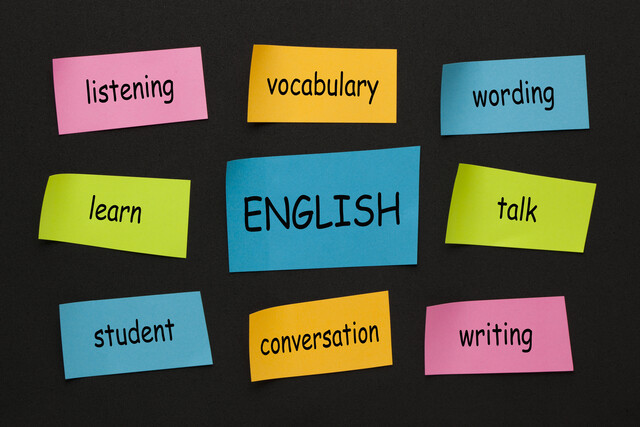
Basic English Speaking Skills
-

Watercolor Painting
-
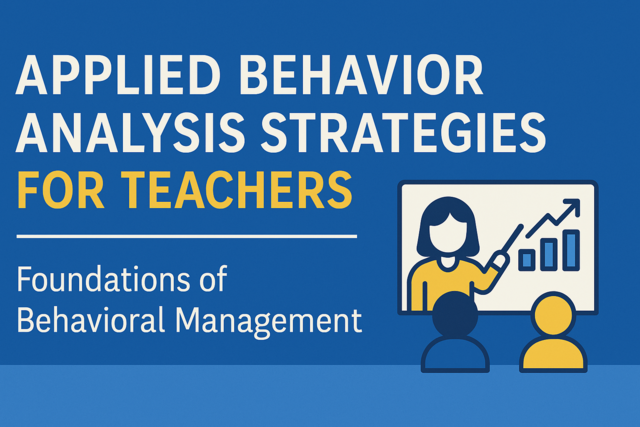
Applied Behavior Analysis Strategies for Teachers
-

Understanding Childhood Obesity
-

How to Write Short Stories for Children
-
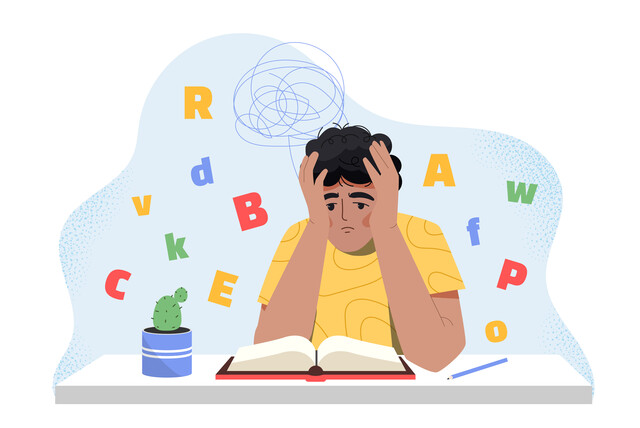
Learning Disabilities
-

How to Teach Reading Fundamentals
-
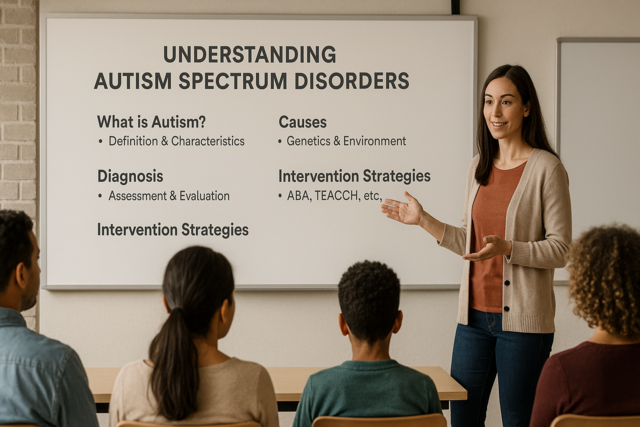
Autism Spectrum Disorders for Teachers
-
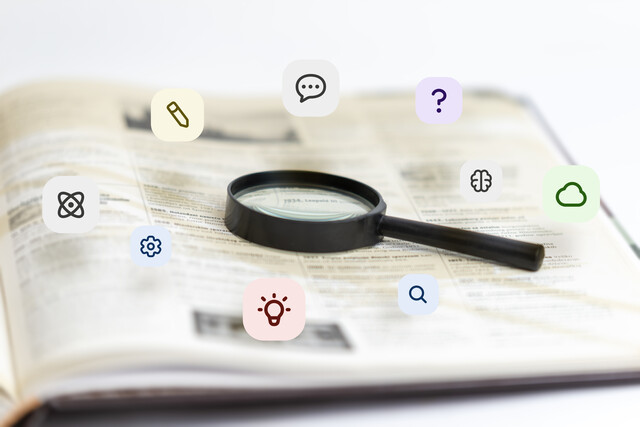
Basic Research Skills
